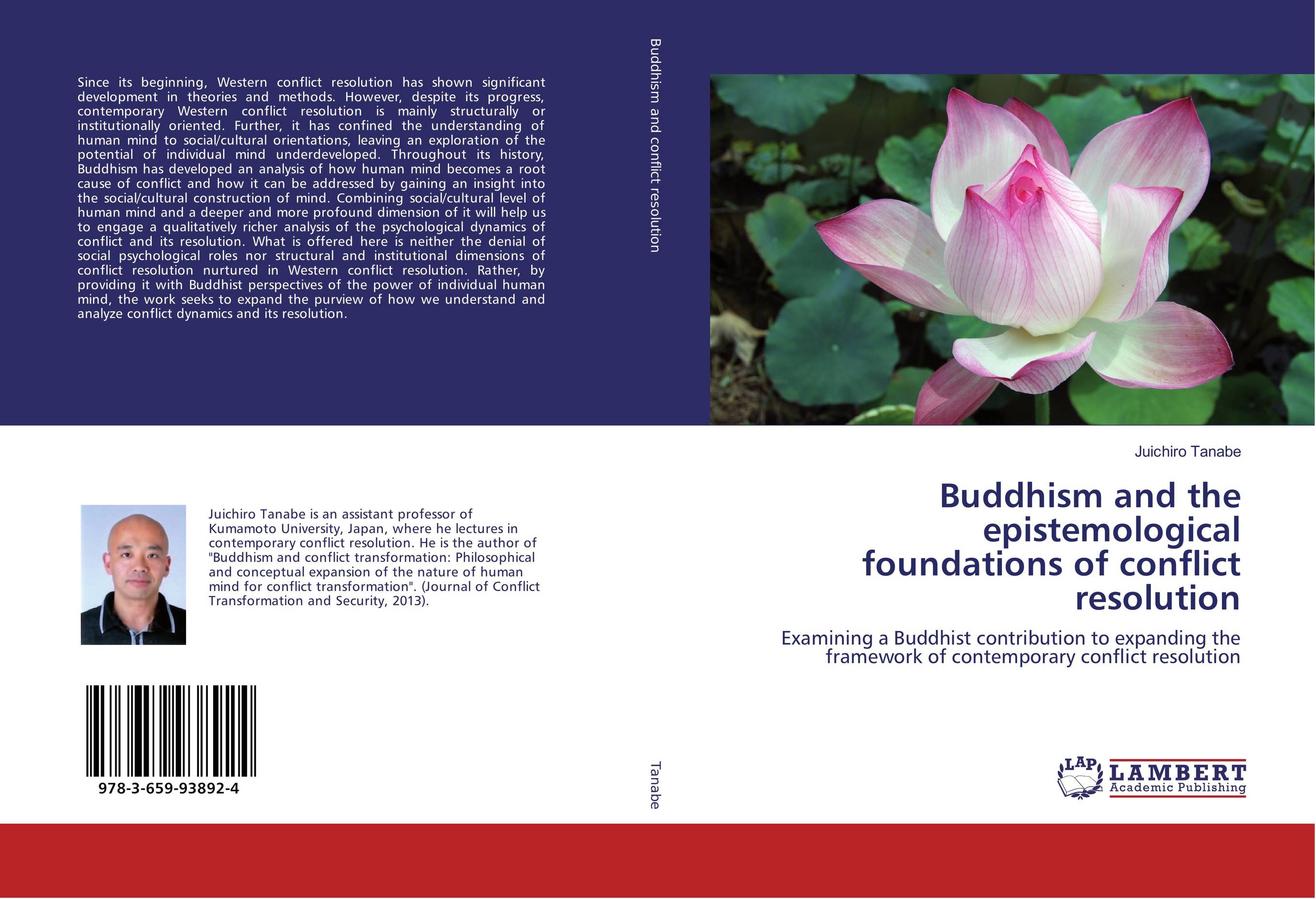| Поиск по каталогу |
|
(строгое соответствие)
|
- Профессиональная
- Научно-популярная
- Художественная
- Публицистика
- Детская
- Искусство
- Хобби, семья, дом
- Спорт
- Путеводители
- Блокноты, тетради, открытки
Buddhism and the epistemological foundations of conflict resolution. Examining a Buddhist contribution to expanding the framework of contemporary conflict resolution

В наличии
| Местонахождение: Алматы | Состояние экземпляра: новый |

Бумажная
версия
версия
Автор: Juichiro Tanabe
ISBN: 9783659938924
Год издания: 2016
Формат книги: 60×90/16 (145×215 мм)
Количество страниц: 444
Издательство: LAP LAMBERT Academic Publishing
Цена: 52337 тг
Положить в корзину
| Способы доставки в город Алматы * комплектация (срок до отгрузки) не более 2 рабочих дней |
| Самовывоз из города Алматы (пункты самовывоза партнёра CDEK) |
| Курьерская доставка CDEK из города Москва |
| Доставка Почтой России из города Москва |
Аннотация: Since its beginning, Western conflict resolution has shown significant development in theories and methods. However, despite its progress, contemporary Western conflict resolution is mainly structurally or institutionally oriented. Further, it has confined the understanding of human mind to social/cultural orientations, leaving an exploration of the potential of individual mind underdeveloped. Throughout its history, Buddhism has developed an analysis of how human mind becomes a root cause of conflict and how it can be addressed by gaining an insight into the social/cultural construction of mind. Combining social/cultural level of human mind and a deeper and more profound dimension of it will help us to engage a qualitatively richer analysis of the psychological dynamics of conflict and its resolution. What is offered here is neither the denial of social psychological roles nor structural and institutional dimensions of conflict resolution nurtured in Western conflict resolution. Rather, by providing it with Buddhist perspectives of the power of individual human mind, the work seeks to expand the purview of how we understand and analyze conflict dynamics and its resolution.
Ключевые слова: Buddhism, Conflict resolution, peace, Philosophy



